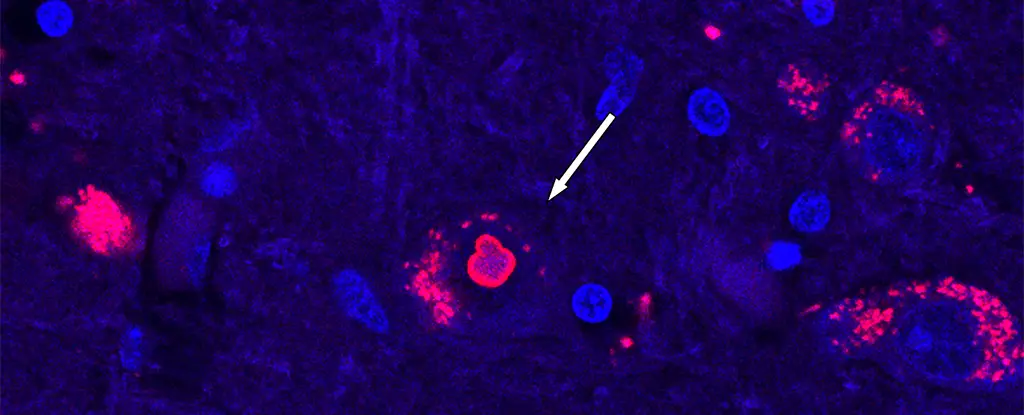Spinocerebellar Ataxia Type 4 (SCA4) is a rare genetic condition that has recently made headlines due to a breakthrough discovery in its genetic coding. After years of research, an international team of scientists has successfully identified the gene responsible for SCA4. This groundbreaking finding opens up new possibilities for the treatment of this debilitating disease.
The culprit behind SCA4 has been pinpointed to a section of a gene called ZFHX3. Through the use of advanced genome sequencing techniques, researchers were able to identify this gene after analyzing thousands of genome sequencing datasets. ZFHX3, located in an area of DNA with repeated segments, presented a challenge for analysis. However, with the use of long-read genome sequencing, researchers were able to identify the mutation within ZFHX3 that is linked to SCA4.
The mutation within ZFHX3 observed in individuals with SCA4 is an expanded repeat that interferes with cell function. Specifically, cells carrying this mutation are unable to efficiently recycle proteins, leading to toxicity within nerve cells. This dysfunction in protein recycling is believed to be the underlying cause of the symptoms associated with SCA4, such as problems with walking and balance.
The research team acknowledges the invaluable contribution of families affected by SCA4 in making this discovery possible. By working closely with these families, researchers were able to trace the origins of the disease back to the 1840s in Salt Lake Valley. This close collaboration emphasizes the human impact of genetic research and highlights the importance of understanding the lives of those affected by rare diseases.
SCA4 affects a small portion of the population, but the identification of the disease-causing gene allows for targeted testing and potential treatment developments. With a clearer understanding of the genetic basis of SCA4, researchers are hopeful that similar breakthroughs could be made for other types of spinocerebellar ataxia. By uncovering the primary causes of inherited diseases, the door is opened for improved patient care and quality of life.
The discovery of the genetic coding behind SCA4 represents a significant advancement in the understanding and potential treatment of this rare condition. By unraveling the role of gene ZFHX3 and its impact on cell function, researchers have shed light on the underlying mechanisms of SCA4. The collaborative efforts with affected families underscore the human side of genetic research, demonstrating the importance of connecting science with real lives. With this newfound knowledge, there is hope for improved outcomes for individuals living with SCA4 and other genetic diseases in the future.



Leave a Reply